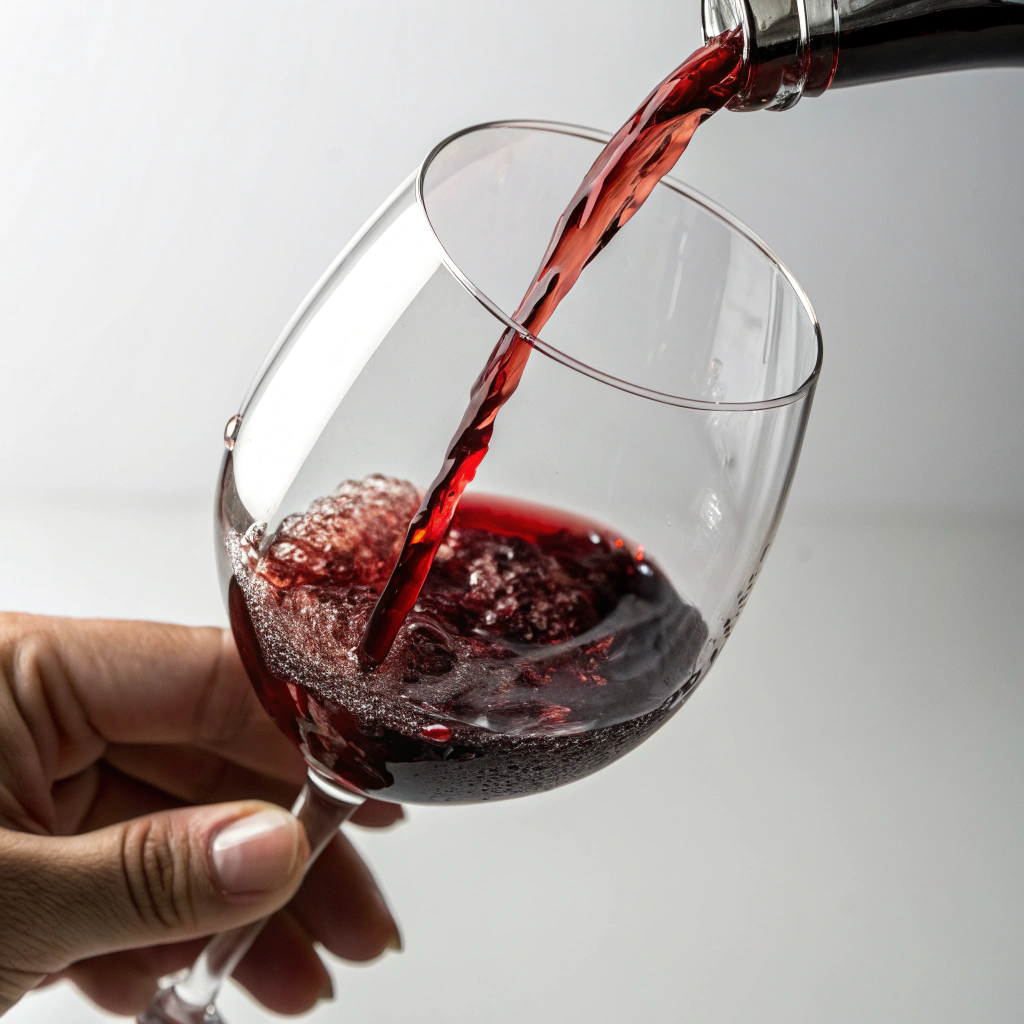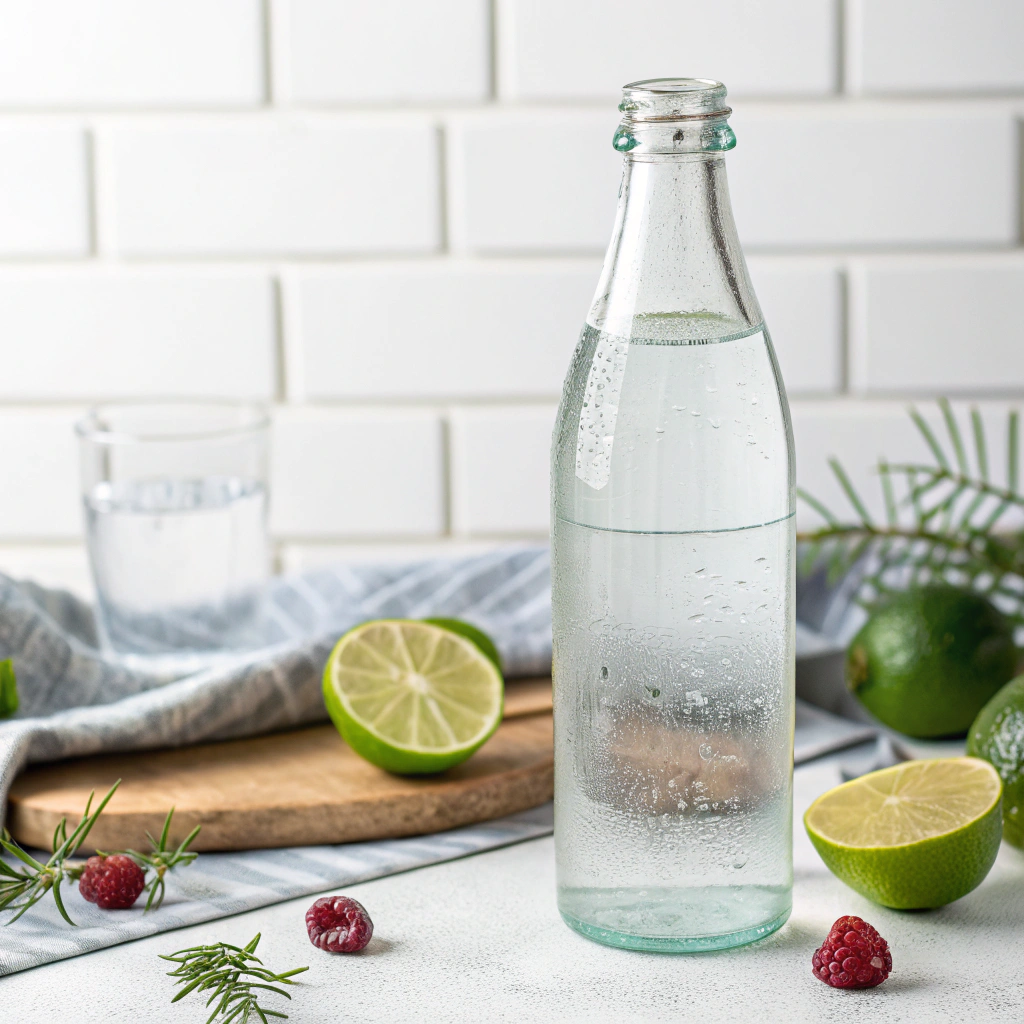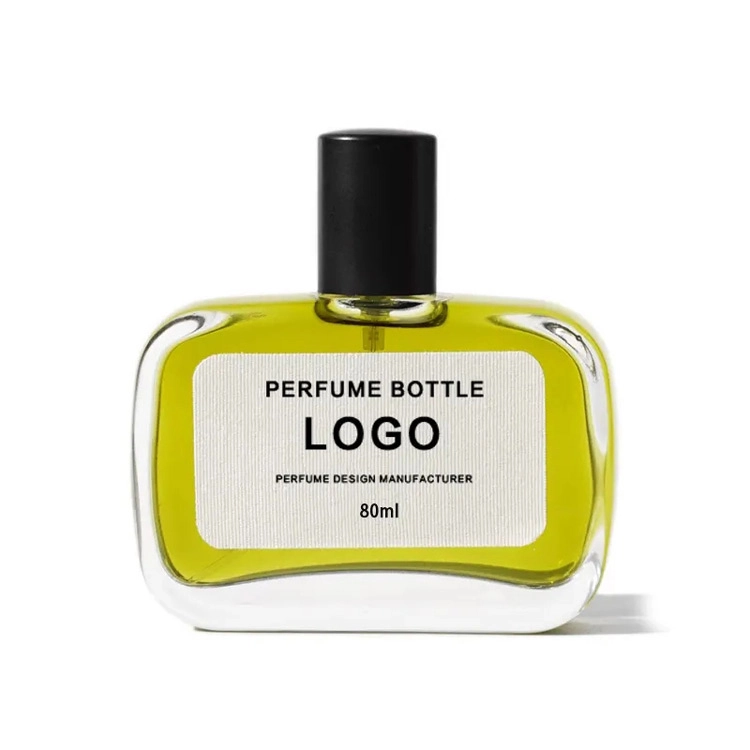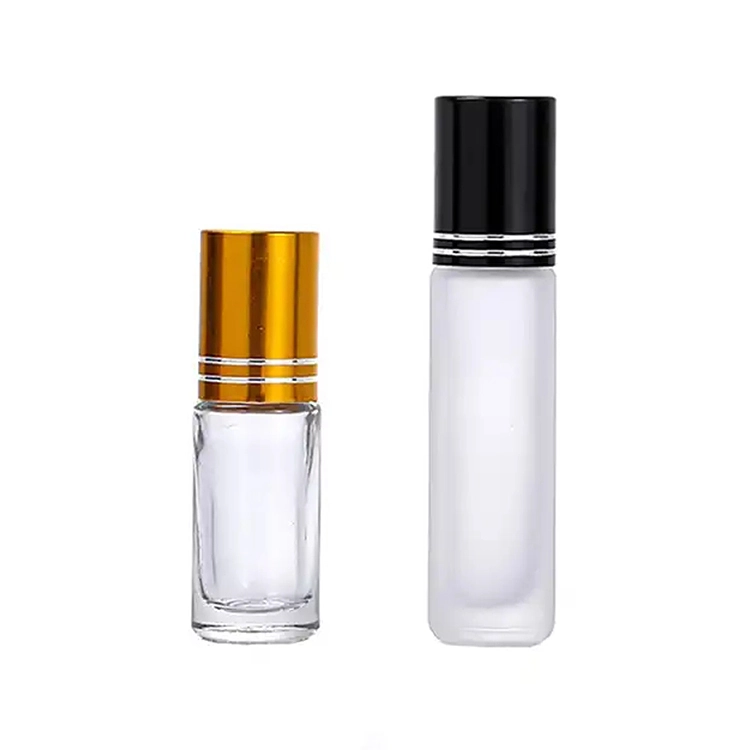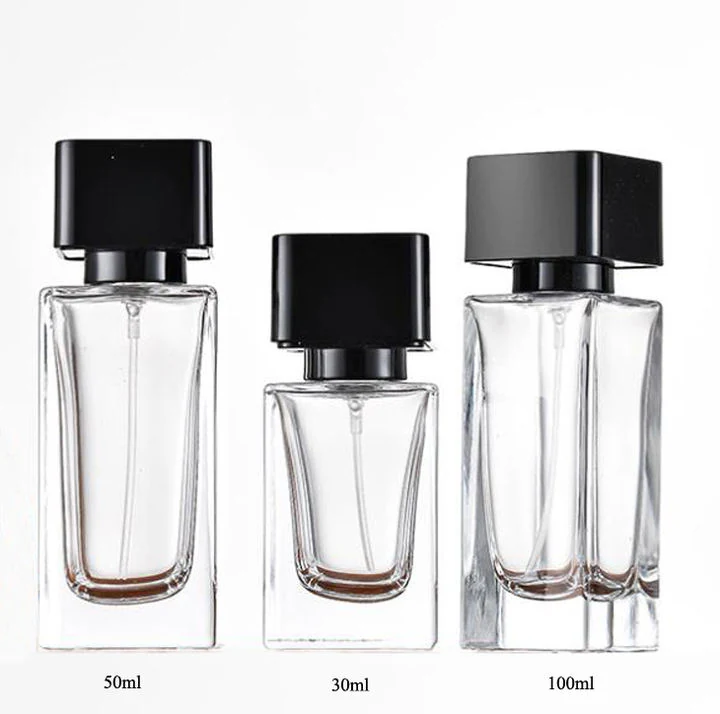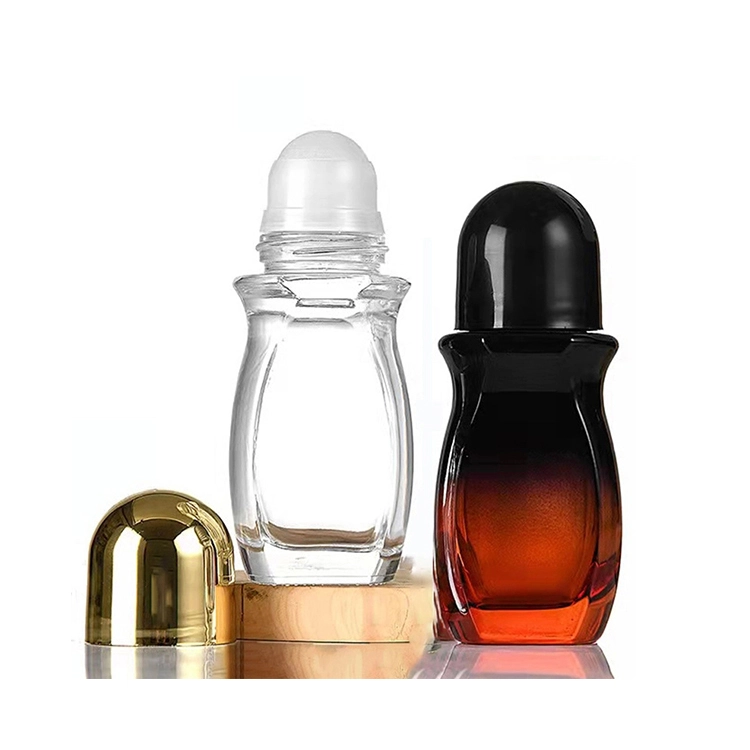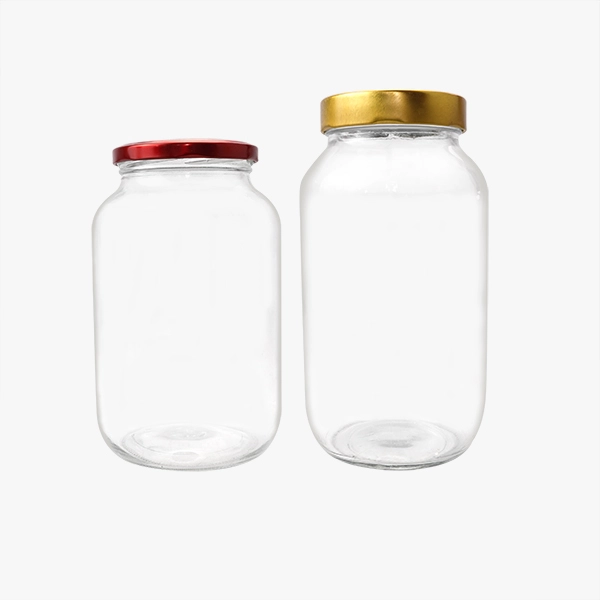
Part 1: Market Size and Growth
Luxembourg’s glass bottle market is small but highly specialized, reflecting the country’s premium wine, beer, and spirits industries. The demand comes mainly from Crémant (sparkling wine), craft beers, and artisanal spirits. Tourism and exports to neighboring European markets add further importance to premium packaging.
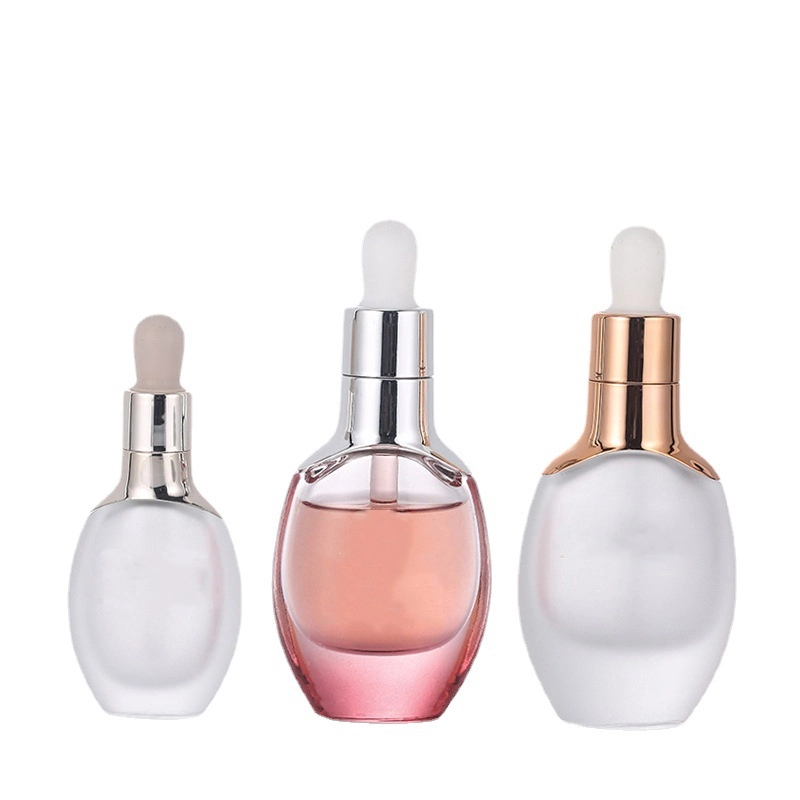
Most glass bottles are imported from France, Germany, and Belgium, as Luxembourg does not have large-scale domestic glass production. Local companies focus on bottling, branding, and distribution. Regional trade partnerships are vital to ensuring reliable supply.
Luxembourg follows strict EU environmental regulations, which encourage recycling and sustainable packaging. Glass bottles are favored for their reusability and premium appeal in global markets.
Part 2: Leading Companies
Brasserie Nationale (Bofferding & Battin)
Brasserie Nationale, founded in 1975, is Luxembourg’s leading brewery. It produces Bofferding and Battin beers, both packaged primarily in glass bottles.
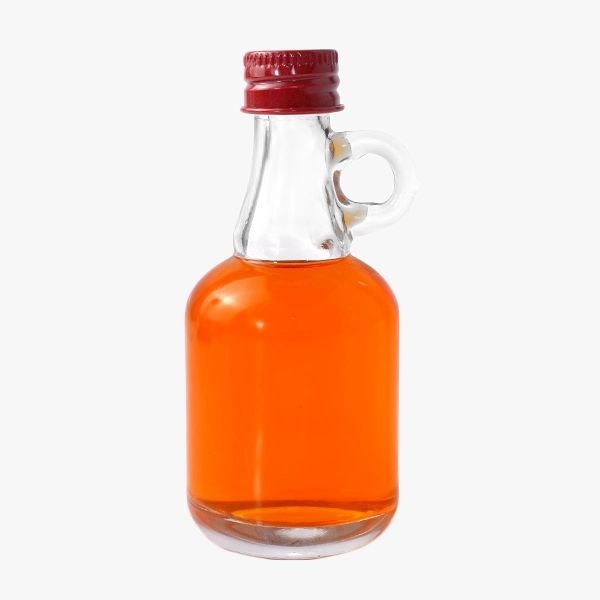
Its products include craft beer bottles and malt beverages. Glass bottles are essential for preserving quality and supporting exports.
The brewery emphasizes sustainability and operates refillable bottle programs, aligned with EU recycling policies.
Domaines Vinsmoselle
Domaines Vinsmoselle, established in 1921, is Luxembourg’s largest cooperative of winegrowers. It produces Crémant de Luxembourg and other fine wines, exclusively packaged in glass bottles.
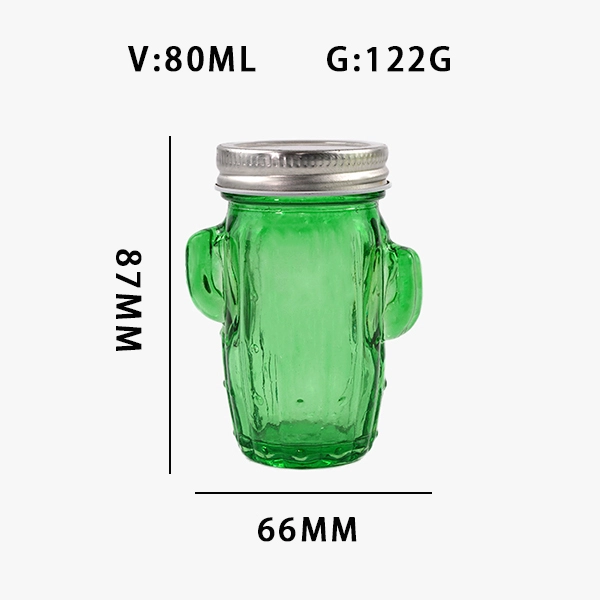
Its products include sparkling wine bottles, still wine bottles, and export-ready designs. Glass ensures product authenticity and enhances premium branding.
The winery holds international awards for its packaging and complies with EU sustainability standards.
Local Distilleries and Specialty Producers
Luxembourg also has small-scale distilleries and gourmet producers that use glass bottles for schnapps, liqueurs, syrups, and honey. These products cater to both domestic consumers and export markets.
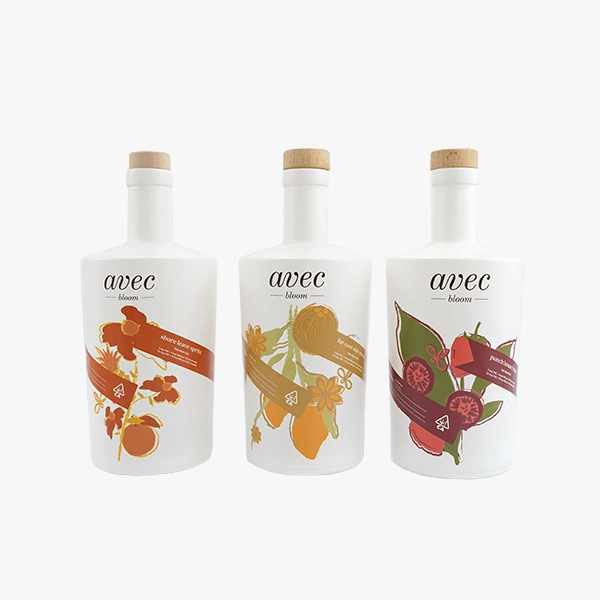
Products include schnapps bottles, herbal liqueur containers, and honey jars. Glass adds value, authenticity, and supports niche market exports.
Many rely on imports for bottle supply but comply with EU food safety and labeling standards.
| Company | Founded | Core Products | Industries | Certifications |
|---|---|---|---|---|
| Brasserie Nationale | 1975 | Beer bottles, malt beverages | Breweries, beverages | EU Sustainability Standards |
| Domaines Vinsmoselle | 1921 | Sparkling & still wine bottles | Wineries, exports | International Wine Awards |
| Local Distilleries & Producers | 20th–21st century | Schnapps, syrups, honey jars | Spirits, agro-food | EU Food Safety Standards |
Part 3: Trade Shows and Industry Events
Foire Internationale de Luxembourg (Luxembourg International Fair)
The Luxembourg International Fair is one of the country’s largest trade shows, featuring food, beverages, and packaging. Glass-bottled beer, wine, and gourmet products are showcased. It is a central platform for trade and consumer engagement.
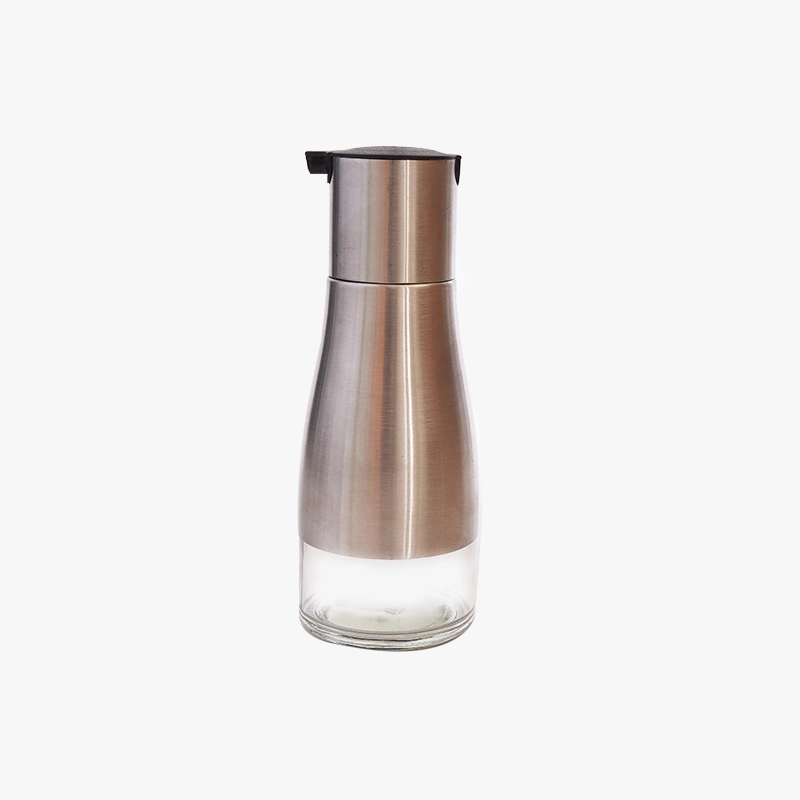
Held annually in Luxembourg City, the fair highlights innovation, packaging design, and sustainability initiatives.
ProWein (Regional Participation)
Luxembourg’s wineries and distilleries participate in ProWein, one of Europe’s premier wine and spirits trade fairs in Düsseldorf, Germany. Glass packaging is central to brand presentation at this event.
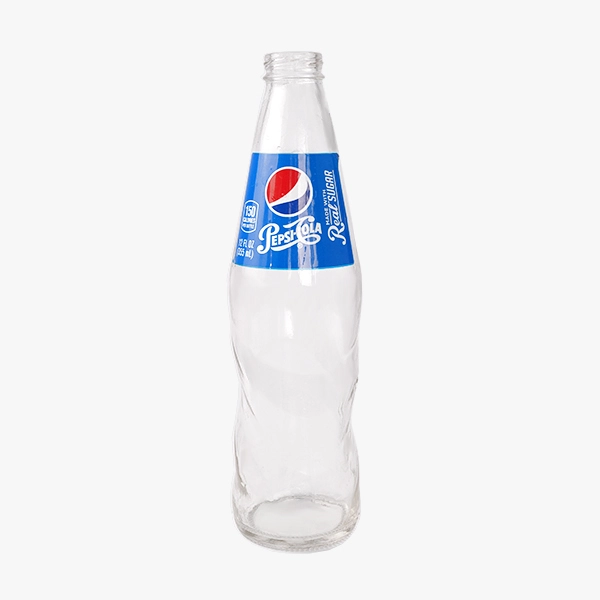
Highlights include premium wine packaging, eco-friendly glass designs, and export networking opportunities.
| Event | Date | Location | Highlights |
|---|---|---|---|
| Luxembourg International Fair | Annual | Luxembourg City, Luxembourg | Food & beverage packaging, sustainability |
| ProWein | Annual | Düsseldorf, Germany | Premium wine packaging, export branding |
Part 4: Impact of Global Trade Policies
Luxembourg imports most of its glass bottles, making EU trade policies essential for stable supply. Free movement of goods within the EU ensures smooth bottle imports from France, Germany, and Belgium. This integration reduces costs and logistics risks.
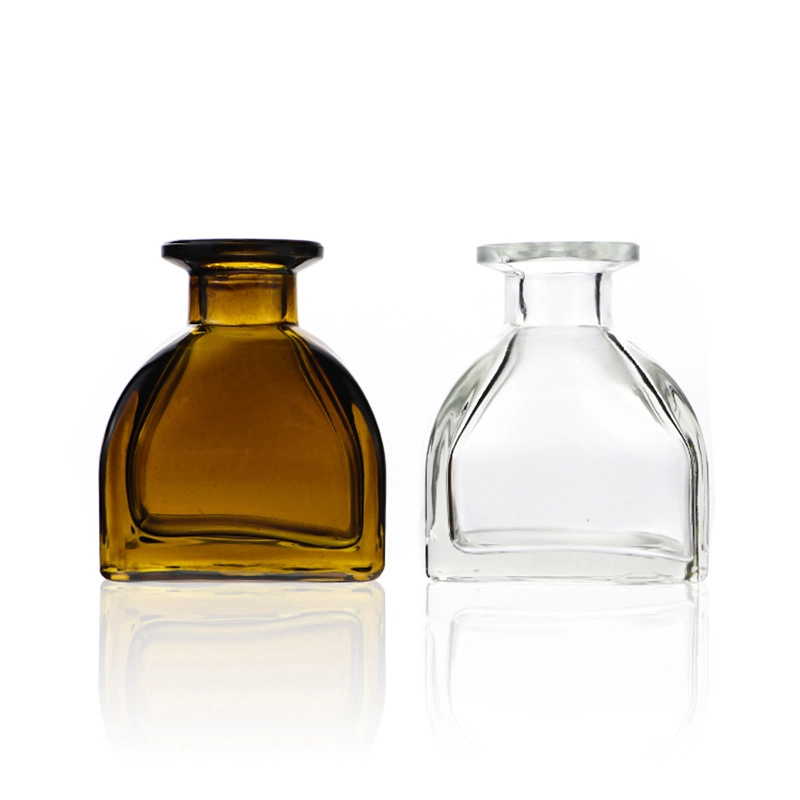
EU sustainability directives promote recycling and discourage single-use plastics. These policies encourage Luxembourgish producers to focus on refillable and recyclable glass.
The premium wine and spirits export market also benefits from EU certifications, which enhance the competitiveness of glass-packaged products globally. This alignment ensures that Luxembourg’s exports remain competitive in international luxury markets.
Part 5: Conclusion
Luxembourg’s glass bottle market is anchored by Brasserie Nationale and Domaines Vinsmoselle, supported by small distilleries and gourmet producers. Tourism, wine exports, and EU environmental policies maintain strong demand.
Challenges include reliance on imports, high packaging costs, and limited domestic manufacturing. The future depends on eco-friendly practices, EU integration, and premium branding for global export markets.
Recommended Reading:
- Glass Bottle Manufacturers in Liechtenstein
- Glass Bottle Manufacturers in Vietnam
- Glass Bottle Manufacturers in Liberia
- Glass Bottle Manufacturers in Laos
- Glass Bottle Manufacturers in Kyrgyzstan
- Glass Bottle Manufacturers in Kazakhstan
- Glass Bottle Manufacturers in Iceland
- Glass Bottle Manufacturers in Haiti
glass salt and pepper shakers with plastic top 75ml
Custom Glass Cups With Lids And Straws – Water Coffee Bubble Tea Use
4oz Jam Jar with Lids Bulk
Milk glass bottles 500ml

